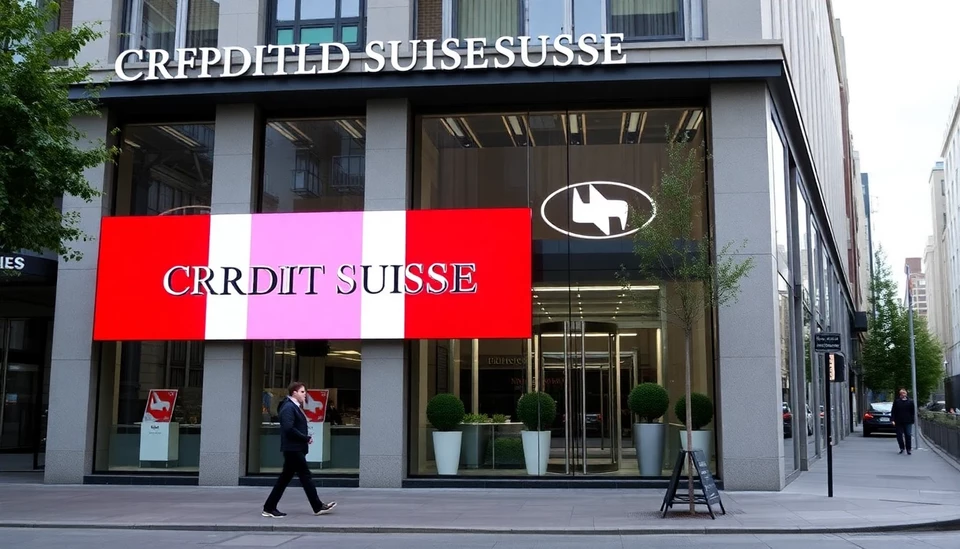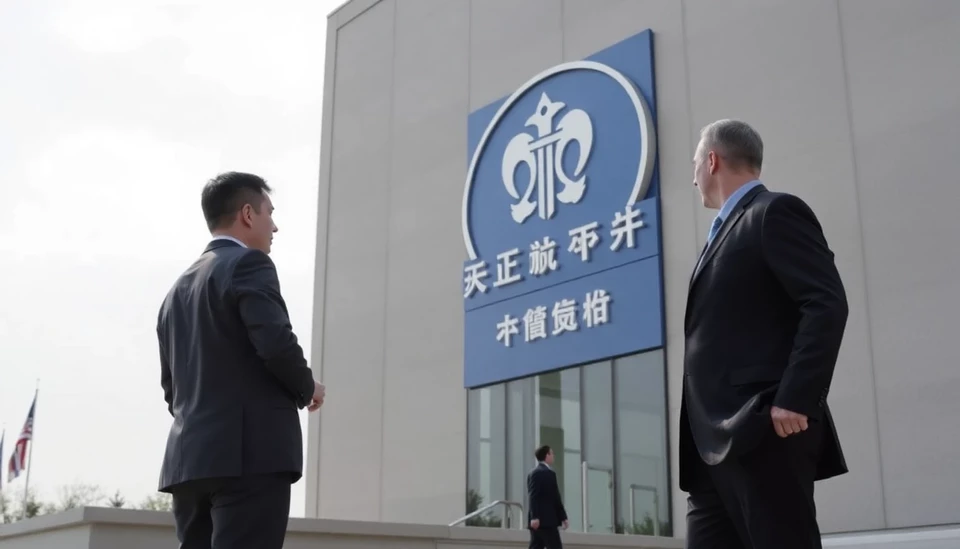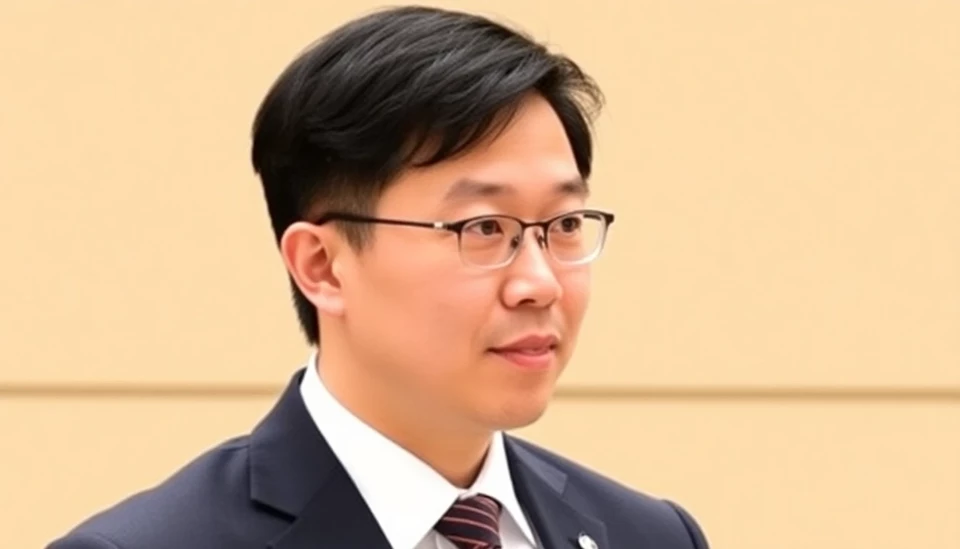
In a pivotal development following the collapse of Archegos Capital Management, founder Bill Hwang has been sentenced to 14 years in prison. This outcome marks a significant chapter in a saga that not only affected investors and major financial institutions but also shook the foundations of the financial market. Hwang's actions during his management of the family office ultimately led to one of the largest financial debacles in recent history.
The sentencing comes after Hwang was convicted of fraud and racketeering, showcasing the consequences of his high-risk trading strategies that culminated in a $20 billion loss. His aggressive leverage tactics and opaque dealings attracted scrutiny from regulators and underscored vulnerabilities within the financial system.
Throughout the trial, the prosecution painted a picture of Hwang as a clever manipulator whose actions were calculated to deceive stakeholders, including banks and investors. The defense, however, argued that Hwang, who had a longstanding career in finance, had not intended to mislead anyone, asserting that the losses incurred were part of the natural ebb and flow of high-risk investments.
An important takeaway from this case is the potential for increased regulatory scrutiny in the wake of the collapse. Financial watchdogs are now more inclined to scrutinize a firm's leverage practices and transparency, especially with the advent of new technologies and trading platforms. Experts predict that this case may prompt regulatory bodies to enforce stricter guidelines on the use of leverage, aiming to protect investors and stabilize the market.
This high-profile case has prompted discussions around the accountability of financial professionals and their firms. It raises thoughtful questions about the ethical boundaries of trading practices and the long-term implications for risk management within investment strategies.
In his ruling, the judge emphasized the ethical responsibility that financial leaders hold towards their investors and the broader market. The judge's remarks underline a significant message: that financial mismanagement and deceitful practices will be met with serious penalties, reflecting a shift toward increased accountability in the finance sector.
As the financial community continues to process the ramifications of this case, it serves as a crucial reminder of the intricate balance between risk and responsibility in investment management. Hwang's case may well represent a turning point in corporate accountability, inspiring a reevaluation of the norms within financial practices.
#Archegos #BillHwang #FinancialRegulation #InvestmentEthics #MarketRisk #CorporateAccountability
Author: John Harris




